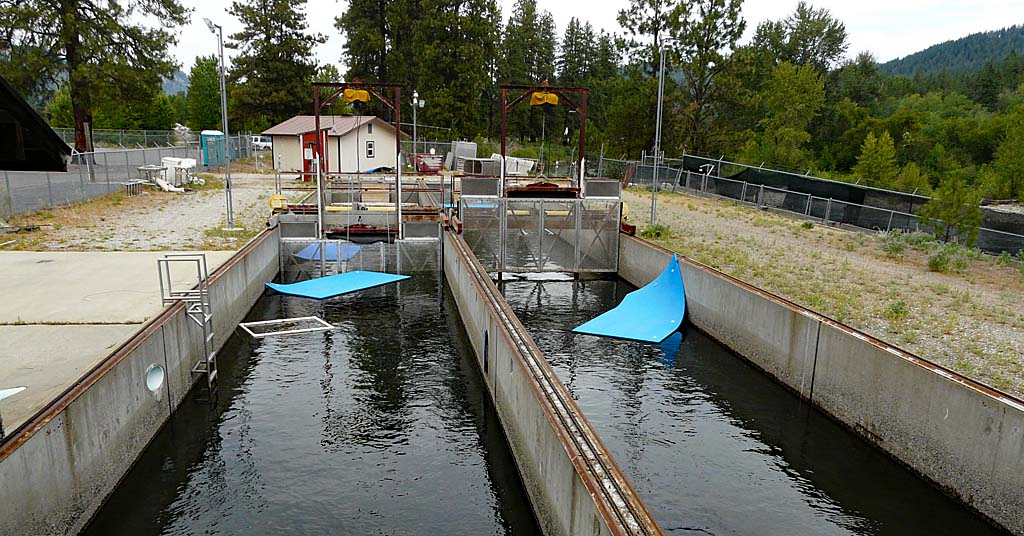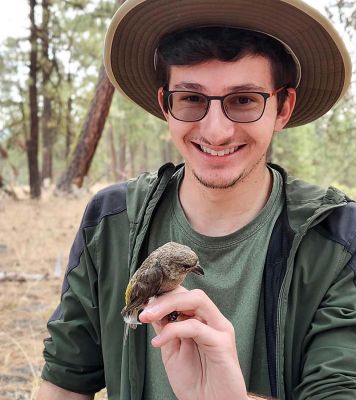New canola rule under fire in legislature
Published 8:59 am Friday, February 15, 2013

- ODA expands canola acreage
By MITCH LIES
Capital Press
Trending
SALEM — If a bill banning canola production in the Willamette Valley isn’t enough to set the stage, comments in a Senate committee hearing left no doubt that the state’s new rule allowing limited canola production in the valley will be under fire this legislative session.
Addressing Oregon Department of Agriculture Director Katy Coba, Sen. Floyd Prozanski, D-Eugene, said he believes allowing canola in the valley threatens a lucrative specialty seed industry.
“I think we have a real risk here,” Prozanski said, “because we are trying to co-exist, instead of making certain before we re-introduce something in here and potentially ruin an industry that has demonstrated to be a very lucrative field for the state of Oregon.”
House Bill 2427 would ban canola production in the valley.
The ODA earlier this month eased restrictions on canola production in the valley that had been in place since 2005. The department adopted a rule allowing up to 2,500 acres of canola in portions of the valley.
The $50 million specialty seed industry has come out against canola production in the valley, contending its production threatens their industry with increased insect, weed and disease pressure and cross pollination problems.
Trending
Under the department’s new rule, canola production is banned in a 1.9 million-acre restricted zone in the heart of the valley where most of the specialty seed production occurs. Growers can produce up to the 2,500-acre cap in a 1.7 million-acre zone outside the valley floor.
Earlier in the Feb. 14 informational hearing, Coba said the department “will strongly encourage growers … to communicate and work together and do everything they can to minimize risk” in areas where canola production and specialty seed production is allowed.
Coba acknowledged in the hearing that the department believes widespread canola production threatens the specialty seed industry. But, she said, the department believes a balance can be achieved allowing grass seed growers to produce canola as a rotation crop, but protecting the specialty seed industry.
“Certainly in the Willamette Valley we are not interested in seeing hundreds of thousands of acres of canola being planted,” she said. “There is no question in my mind that would devastate the specialty seed industry.
“We’re trying to figure out what is that level where you can be cautious, minimize risk and still allow a very important specialty seed industry to thrive in the Willamette Valley,” she said.
Also in the hearing, Coba informed members of the Senate Rural Communities and Economic Development Committee that the department hopes lawmakers fund a canola research request for $446,000 over three years.
“As we continue to discuss canola … keep in mind the sense that starting up and continuing that research is a high priority for those of us involved with this issue,” Coba said.









